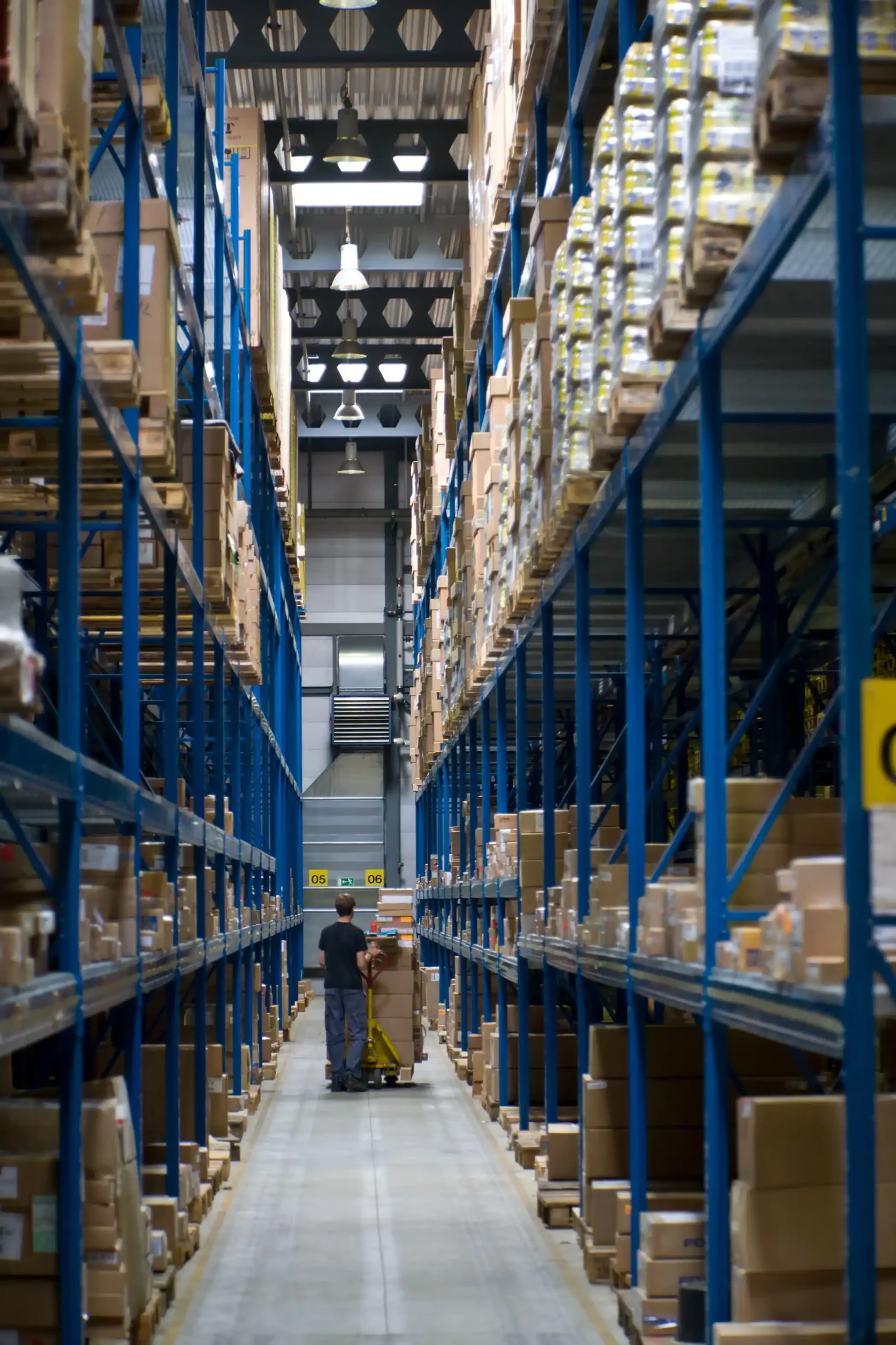This article was originally posted in the PTIS Newsletter.
The need to address supply-chain challenges such as inflation, evolving sustainability regulations and worker shortages continues to be top-of-mind for many companies in 2023. While each of these challenges is massive individually, companies are facing all of these (and more) at once. While seemingly overwhelming, business leaders can tackle these challenges by implementing a digital strategy – based on a strong data foundation
During challenging times, companies often look to packaging to reduce costs. That may seem like a “quick win” but may not be a long-term winning strategy. In order to reduce costs, while increasing efficiency and innovation, companies must rely on the DNA level data – specification data – of their products and packaging for optimizations and reporting. Companies who are still managing this detailed data in spreadsheets, pdfs, and email, cannot fully trust the data is accurate or reliable.
Cost Savings Opportunities
Once you have a strong data foundation that you know is accurate and reliable, you can look for ways to better optimize costs. For example, with digitized data in one central system, companies can quickly identify if packaging is being underutilized or if materials can be swapped for more cost-effective alternatives, or even transitioning to more cost effective suppliers.
A digitized data strategy can also lead to cost savings when it comes to productivity and collaboration. If your teams have a single source of truth to find and leverage data, they’ll spend less time searching for those data points, and more time focusing on innovation and optimization.
Reporting can also be significantly improved. Time savings is similar to the productivity example, but also data accuracy. You can trust the data you are reporting is the most accurate and up to date because it lives in one place, instead of in multiple systems, updated or duplicated by multiple people. The questions around data accuracy will be significantly reduced if everyone is working off of the same data “playbook”.
“I no longer have to search for information and validate the source – I grab the information I need from Specright and move on with my project.”
Laura Berlanga, Product Innovation & Research Manager, Ocean Mist Farms
Tackling Sustainability Challenges with a Data Foundation
You cannot achieve your sustainability goals without data. Many companies are missing corporate commitments made on sustainability because they cannot easily access or report on how sustainability their products and packaging are. And, with regulatory pressures growing by the day, companies need to take their sustainability ambitions and turn them into action. Data is the only way to do this.
While sustainability as a whole is a very complex challenge, the process of tackling it doesn’t have to be. Iit simply starts with knowing the DNA level data (specification data) of your products and packaging. When companies have this deep understanding of their data, at their fingertips, it makes sustainability reporting and optimizations that much easier.
Additionally, you can connect that data to your lifecycle analysis (LCA) tools, so purchasing agents can make sure they are selecting quality products that meet industry standards while still minimizing costs when possible. It is possible to drive sustainability and cost savings at the same time.
Everything starts with the spec
When you boil it down – companies are responsible for their products and packaging. It’s critical with today’s challenges and pressures to get control of your data. Everything starts with a spec, so having specification data readily available is how companies can help meet sustainability goals, drive efficiencies, and optimize costs – all while growing innovation. We all need to do our part in building supply-chain resiliency, and it starts with data.
How to get started:
Specification data crosses company departments, functions, and priorities. From product and quality, to sales and marketing, to sourcing and leadership – accurate specification data is the foundation to delivering on your goals.
Part of Specright’s Credo is to “simplify the complex,” so we advise companies to engage with our Digital Transformation team in a Discover Session, which includes an interactive discussion to:
- Defining and prioritizing challenges
- Map use cases to metrics
- Developing success criteria specific for your business
After the Discovery Session, your team will have a clear roadmap to your specification management journey. Let’s start your journey together.
Learn more about the value of a spec-first approach here.
Explore More Blogs
Get Started
With Specright’s Solution Suite, you can digitize, centralize, and link your specification data to drive efficiencies, intelligence, traceability, and collaboration within your organization and across your supply chain network.




